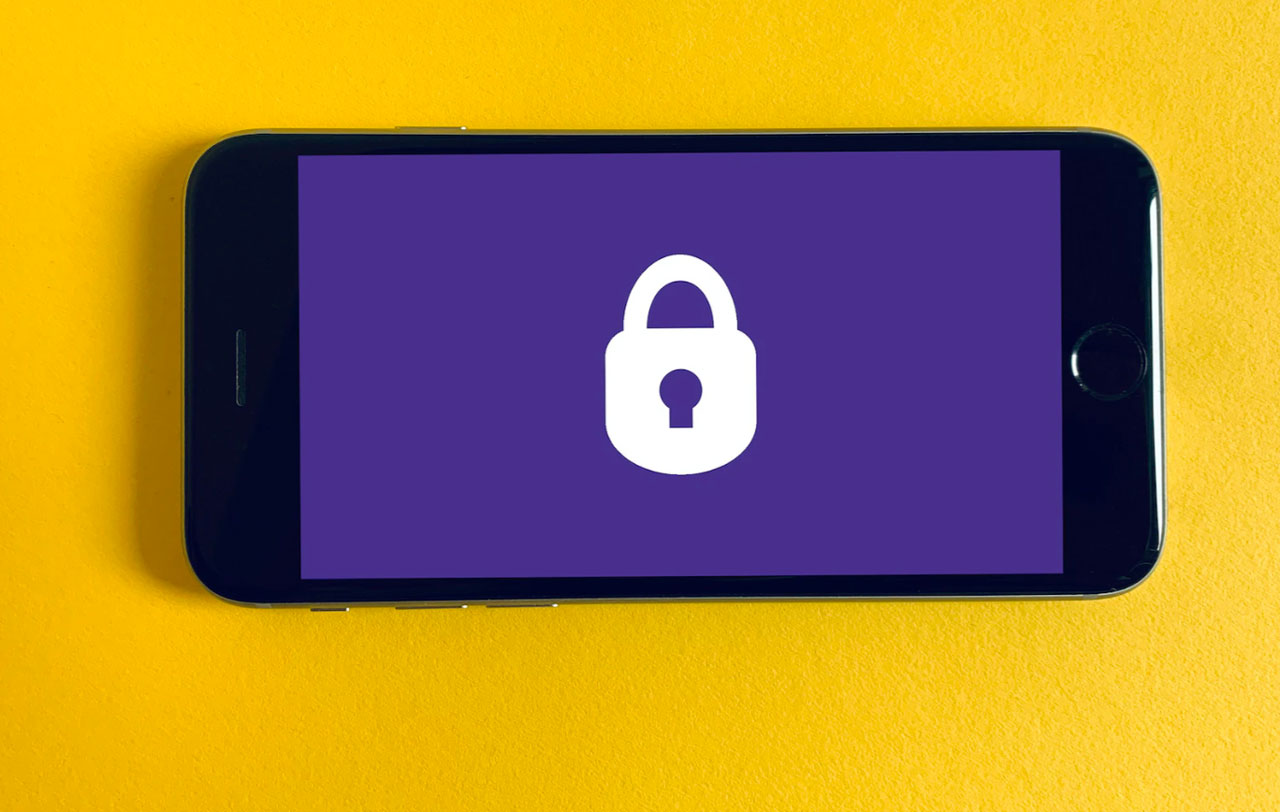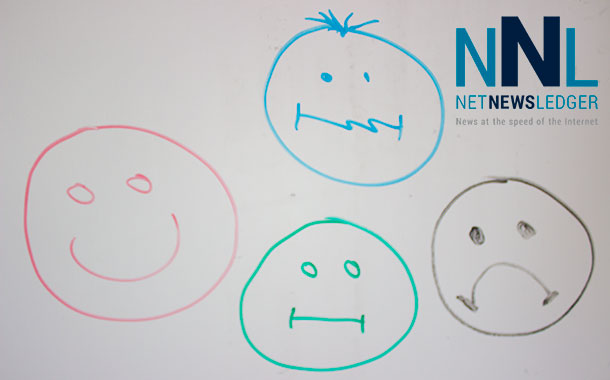Welcome to an engaging discussion on the topic that’s been at the forefront of digital conversations: Can we truly entrust social media platforms with our data? The rapid expansion of social media over the last decade has raised concerns about data privacy, security breaches, and the potential misuse of personal information. In this article, we delve into the intricacies of this debate and explore practical strategies for safely harnessing the power of social media while protecting our valuable personal information.
Country Specific Variations
Different countries have varying levels of data protection laws and regulations. Countries like Canada, for example, have more comprehensive data protection laws that prioritize user privacy and impose strict obligations on organizations. That’s why we Canadians should each use ExpressVPN for Canada to protect our social media platforms. By doing so, we can benefit from a safe and robustly protected Canadian IP address when browsing social media, with best-in-class encryption. This means you can safely log onto your online bank account in unsecured public Wi-Fi network areas with zero worries, and rest assured that no activity logs or connection logs will be collected.
Canadian or non-Canadian, any social media user can benefit from the country’s thorough privacy laws and data protection regulations. That’s why the cybersecurity scale placed Canada fifth out of twenty other countries in 2022 for their cybersecurity strategies, as reported by the Financial Post.
Track Record and Reputation
Next, there’s the reputation of the social media platform itself. The history and reputation of a social media platform play a crucial role in determining the level of trust users place in it. If a platform has experienced past data breaches or controversies related to data privacy and security, it can significantly impact user trust. Business Plus reports how Yahoo is the perfect example of a social media platform that has repeatedly been subject to controversy over its data breaches, including the 3 billion users caught up in the 2013 breach.
On the other hand, platforms that have a track record of prioritizing user privacy, promptly addressing security vulnerabilities, and being transparent about data handling practices tend to earn higher levels of trust.

Communication and Transparency
Open and transparent communication from social media platforms regarding their data practices, policy updates, and any incidents related to data security or privacy practices fosters trust with its users. For example, Instagram highlights how its platform will never sell any of its users’ information or allow its partners to disclose the data they provide. To double-check what your social media platform’s privacy policy entails, head to the platform’s help center to read it in full. This way, you can make sure for yourself that you’re happy with the platform’s privacy rules and regulations.
A Careful Evaluation Of Multiple Factors
Ultimately, entrusting social media platforms with our data requires a careful evaluation of multiple factors. By considering country-specific variations, examining the reputation of platforms, and assessing their communication and transparency practices, we can make more informed decisions about sharing our data on social media. It is important to stay informed, remain vigilant about data privacy, and be proactive in protecting our personal information while enjoying the benefits of social media platforms.








